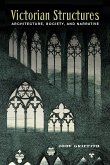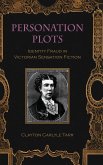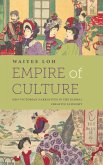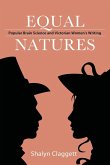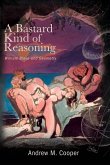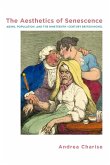A common subplot in the Victorian novel involves fictional emigrants who disappear into or arrive from the colonies in ways that facilitate plot development but do little to represent the condition of colonial life. Yet the proliferation of emigrant guides and the enthusiastic debates that punctuate Victorian periodicals indicate that emigration was a vital topic that impinged on the lives of many, if not most, Victorians. Through chapters that pair Victorian novels with visual art, letters, memoirs, and emigrant guides, Antipodal England probes this seeming inconsistency, providing insight into how a wide range of authors used the colonies for strategic purposes and, in the process, often revealed the centrality of the empire to Victorian conceptions of home and national identity. Focusing particularly on middle-class emigration to Australia, Janet C. Myers explores how emigrants transplanted a range of material and ideological practices associated with English domesticity, and how this "portable domesticity" enabled emigrants to see themselves and their culture as capable of preservation and even reinvention despite such enormous geographical and cultural shifts. Indeed, Myers argues, portable domesticity both reinforced and subverted the values of British culture, since the domestic practices that enabled emigrants to transplant their national identity also initiated the process of settlement that gradually led to the formation of a new national identity for Australia and, ultimately, independence from Britain.
Hinweis: Dieser Artikel kann nur an eine deutsche Lieferadresse ausgeliefert werden.
Hinweis: Dieser Artikel kann nur an eine deutsche Lieferadresse ausgeliefert werden.



